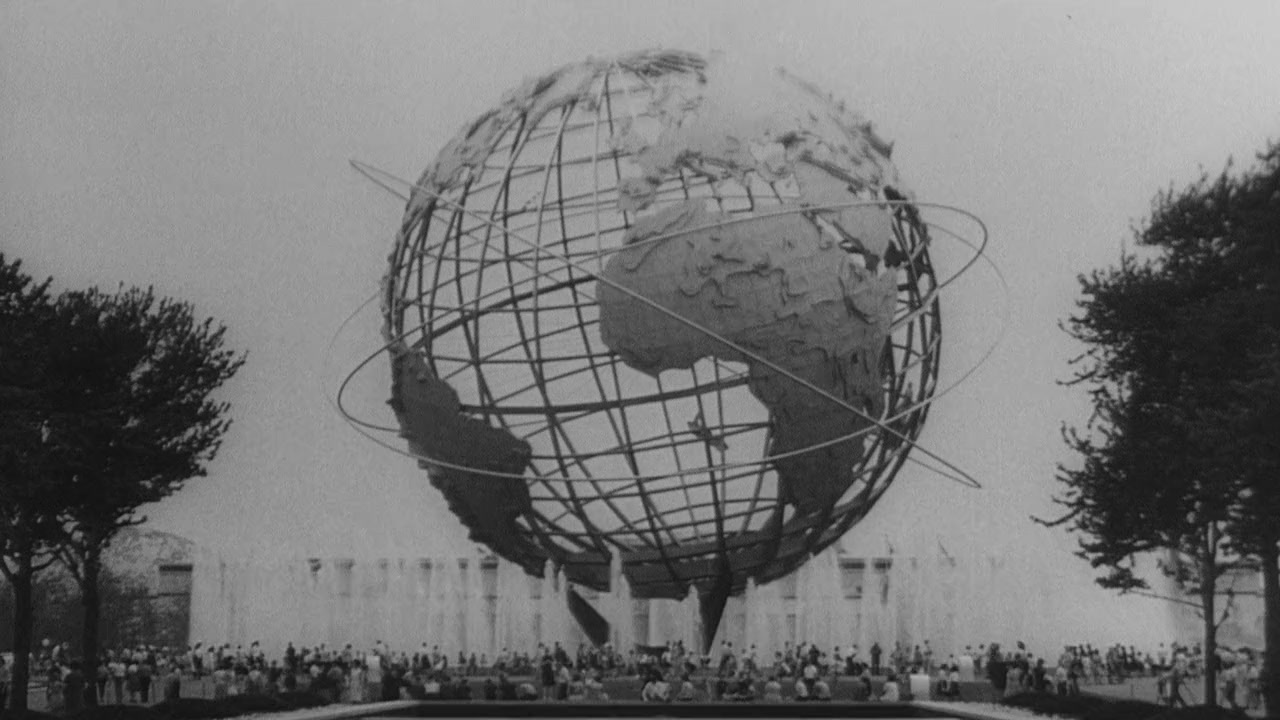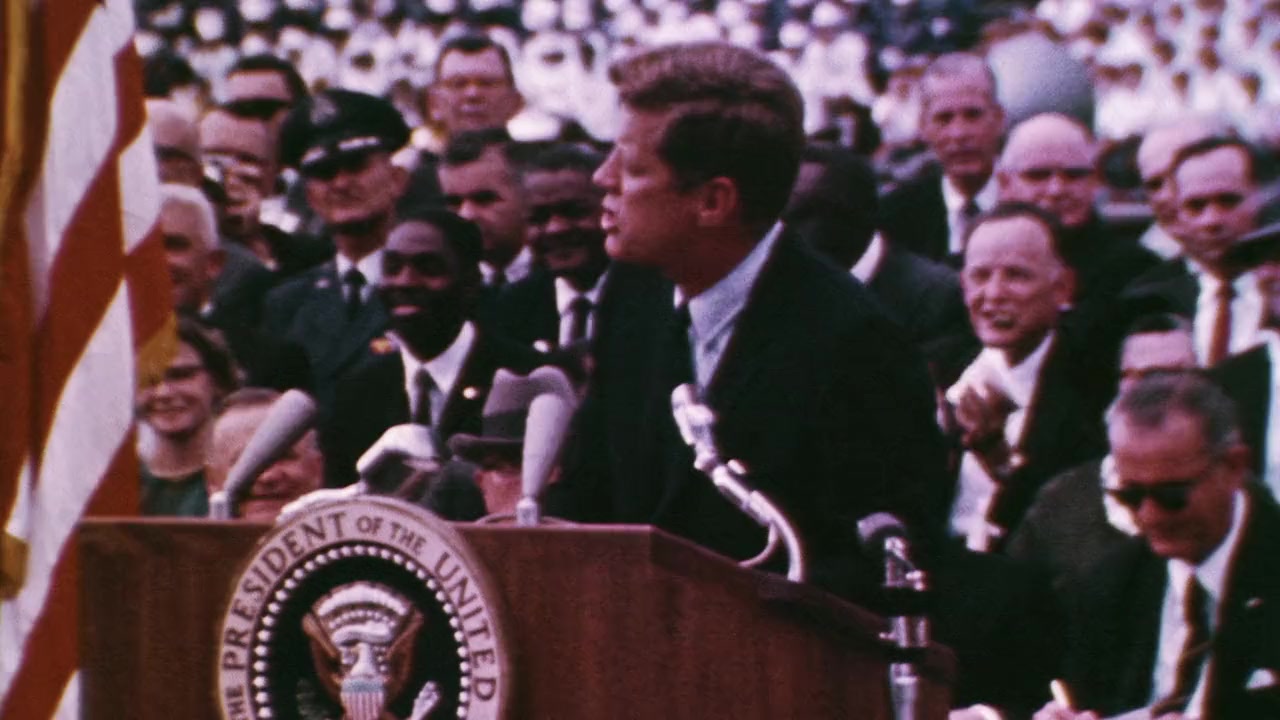
- Year: 2016
- Released: 01 Jun 2016
- Country: United States
- Adwords: N/A
- IMDb: https://www.imdb.com/title/tt2878846/
- Rotten Tomatoes: https://www.rottentomatoes.com/m/fight_for_space
- Metacritics: https://www.metacritic.com/movie/fight-for-space
- Available in: 720p, 1080p,
- Language: English
- MPA Rating: TV-G
- Genre: Documentary
- Runtime: 92 min
- Writer: Paul J. Hildebrandt
- Director: Paul J. Hildebrandt
- Cast: Story Musgrave, Bill Nye, Michio Kaku
- Keywords: astronaut, space program,
 | 6.9/10 |
 | 100% – Critics |
 | 50% – Audience |
Fight for Space Storyline
Fight for Space explores the past, present, and future state of the US Space Program, while making the argument that the exploration of space brings economic and cultural benefits to the nation. This film probes why and how the space program came adrift, will examine our current plans and asks, why don’t we have a more ambitious space program and what steps can be taken to fix it?
Fight for Space Photos



Fight for Space Torrents Download
| 720p | web | 854.09 MB | magnet:?xt=urn:btih:217FA929A2DCF09130DAA042B46122C0B1D47761 | |
| 1080p | web | 1.71 GB | magnet:?xt=urn:btih:B661BF58B7A857D430883CF98905824A49DB1276 |
Fight for Space Subtitles Download
| English | subtitle Fight.For.Space.2016.720p.AMZN.WEB-DL.DD+5.1.H.264-NTG | ||
| English | subtitle Fight for Space 2016.720p.WEB-DL.DD5.1.H264 |
Fight for Space Movie Reviews
“Fight for Space” is an eye-opening and thought-provoking, but incomplete doc.
What do the Internet, cell phone cameras, GPS, interstate highways, solar energy, smoke detectors, CAT scans, treadmills, water purification, artificial limbs, scratch-resistant lenses and cordless vacuums have in common? The answer is: space exploration. All of those things either came into being or exist in their current form because of the U.S. Space Program. More than just changing our daily lives, all of those innovations created new markets which expanded our economy. That is one of the major arguments in favor of increased space exploration in the Kickstarter-fueled documentary “Fight for Space” (NR, 1:32).
This doc features interviews with some of the most highly respected figures in the history of the space program (including former astronauts Jim Lovell and Story Musgrave and former NASA flight controller Gene Kranz), scientists (such as astrophysicist Neil deGrasse Tyson, theoretical physicist Michio Kaku and Planetary Society CEO Bill Nye) and exploration advocates (for example, Space X CEO Elon Musk, space journalist Marcia Smith and Rick Tumlinson, co-founder of the Space Frontier Foundation), just to name a few. Through a combination of interviews, rare archive footage, new graphics and an original score, writer/director Paul J. Hildebrandt gives us a brief history of NASA, a critical examination of the decisions and leadership of that organization and the U.S. government in regards to our space program, as well as an assessment of the program’s current status and ideas about moving it forward – and why we should.
The film makes a number of compelling points that most Movie Fans may not have considered before or thought much about: The U.S. Space Program was not so much about exploration as it was a “crisis program” driven by Cold War competition with the Soviet Union and a desire to beat the Russians to the moon. After several trips to the moon in the late 1960s and early 70s, the U.S. just stopped sending astronauts and scientists on voyages of exploration, meaning that no human has been past low earth orbit in well over four decades. The space shuttle program actually represented a curtailment in NASA’s original plans to build upon those successful moon landings. Ever since the Apollo program, government officials and NASA officials have been out of sync regarding plans and priorities for the space program and have failed to follow talk with viable programs and meaningful action. Unlike during the Apollo years, today’s average American doesn’t know what NASA is doing or why the agency is still relevant. And this is only the beginning. Not only does the film make other interesting points but it eventually strongly suggests how space exploration can move forward in the future, based on lessons of the past.
“Fight for Space” is an eye-opening and thought-provoking, but incomplete doc. Although most of the screen time is taken up by experts, Hildebrandt keeps the individual interview clips fairly short, making his points not with long-winded explanations, but with a large number of different voices extolling the same cause. What’s more, the interviewees’ passionate pronouncements draw the viewer in more than talking heads normally would. Unfortunately, the film doesn’t include counterpoints to the opinions and assessments that it puts forward and it ignores the impact of NASA’s current exploration programs that do not include manned missions. Nevertheless, Hildebrandt and his interview subjects effectively use the medium of film to get their message out there. This film, alongside the 2017 doc “Mission Control: The Unsung Heroes of Apollo” and the 2016 Best Picture Oscar nominee “Hidden Figures”, is strong enough to fan the flames of interest in space exploration
or at least fuel the conversation. “B+”
a grounded look at space
Greetings again from the darkness. Space
the final frontier. Or is it just another political football? Director Paul Hildebrandt examines the space program from all angles: past, present, and future. He enlists experts such as Astronauts Jim Lovell and Story Musgrave, physicist and author Michio Kaku, Astrophysicist Neil deGrasse Tyson, Norman Augustine (Chairman of the Review of the United States Human Space Flights Committee), and numerous politicians, journalists, and former NASA staffers. Passionate opinions and perspectives fill the run time, as do frustrations and hopes.
In 1961, President John F Kennedy pledged that NASA and the United States would send a man to the moon (and bring him back safely) by the end of the decade. On July 20, 1969 the Apollo 11 crew landed on the moon, and four days later returned safely to earth. The central question being asked by the film is “Why did we stop?” The Space Race shifted into high gear thanks to Russia’s Sputnik and Yuri Gagarin. It was also responsible for inspiring an entire generation to pursue careers in Science, Technology, and Engineering. Hindsight (and those being interviewed here) tells us that, rather than a visionary scientific research platform, the U.S. space program was actually a “Crisis Project” driven by ego and politics. How else do we answer the current generation of kids when they ask, “Why aren’t we there now?” Viewing the space program as a marketing campaign to the American public, Mr. Tyson is especially outspoken when he states that the economic and cultural benefits of a true scientific program are beyond argument. GPS and the internet are but two of the transformative developments courtesy of the space program, and proof enough that a more scientific approach could lead to even more discoveries. Instead, it’s pointed out that no scientists were included in the Apollo missions until Apollo 17, the final Apollo mission to the moon with astronauts. This occurred after the significant budget reduction in 1970 that cancelled a couple of Apollo missions, setting the stage for the program to end.
Discussions and criticisms of the Space Shuttle program (described as driving trucks in circles), the Space Station (a $150 billion program with no purpose), the Mars Direct proposal, and the Constellation Program (started by George W, cancelled under Obama), are each given attention and insight. Perhaps it’s all best described by Jim Lovell who states the Russians are the tortoise in the race, while the U.S. simply gave up.
Very few events match the breathtaking majesty of a rocket lift-off. The beauty and power of this engineering marvel generate the wonderment of exploration and discovery. Sadly, most of the triumphs and tragedies of the U.S. space program are little more than entries in a textbook (or website) for today’s kids. The program lacks leadership and vision, and the case can be made that the only hope is with the private sector (such as Elon Musk). The final 10-12 minutes of the film is really a pep talk (Sales pitch? Propaganda?) for an actual scientific space program. This time, let’s hope that rather than political reasons, we go because it’s there!
After 3 Years of Netflix, this the Best “Movie” I Have Seen
Hollywood cannot make this stuff up… it is a snapshot of real history with candid comments by some very smart people.
It is similar in tone to the show “60 Minutes” because they give you facts and expert opinions in an unbiased manner, but further makes you think and inspire you to ask your own questions, form your own opinion, or research it further.
Personally, I am amazed by the fact that it would be “impossible” to reconstruct the Saturn V rocket today… (NASA Houston tells us they “lost” the blueprints… huh? they don’t have one they can Reverse Engineer? (this still bothers me)
P.S. Comment: I wish we could find some justification for space travel (such as finding “Turbidium Ore” on Mars ala “Total Recall” that would provide for all of our energy needs…) which would give us an objective or goal, and in any case would most certainly improve our lives with just the spin-off technologies.
or if we knew Earth was going to implode in 20 years… should we establish a Moon colony or Mars colony to perpetuate the Human Race….?
(nah…. screw the Human Race)



